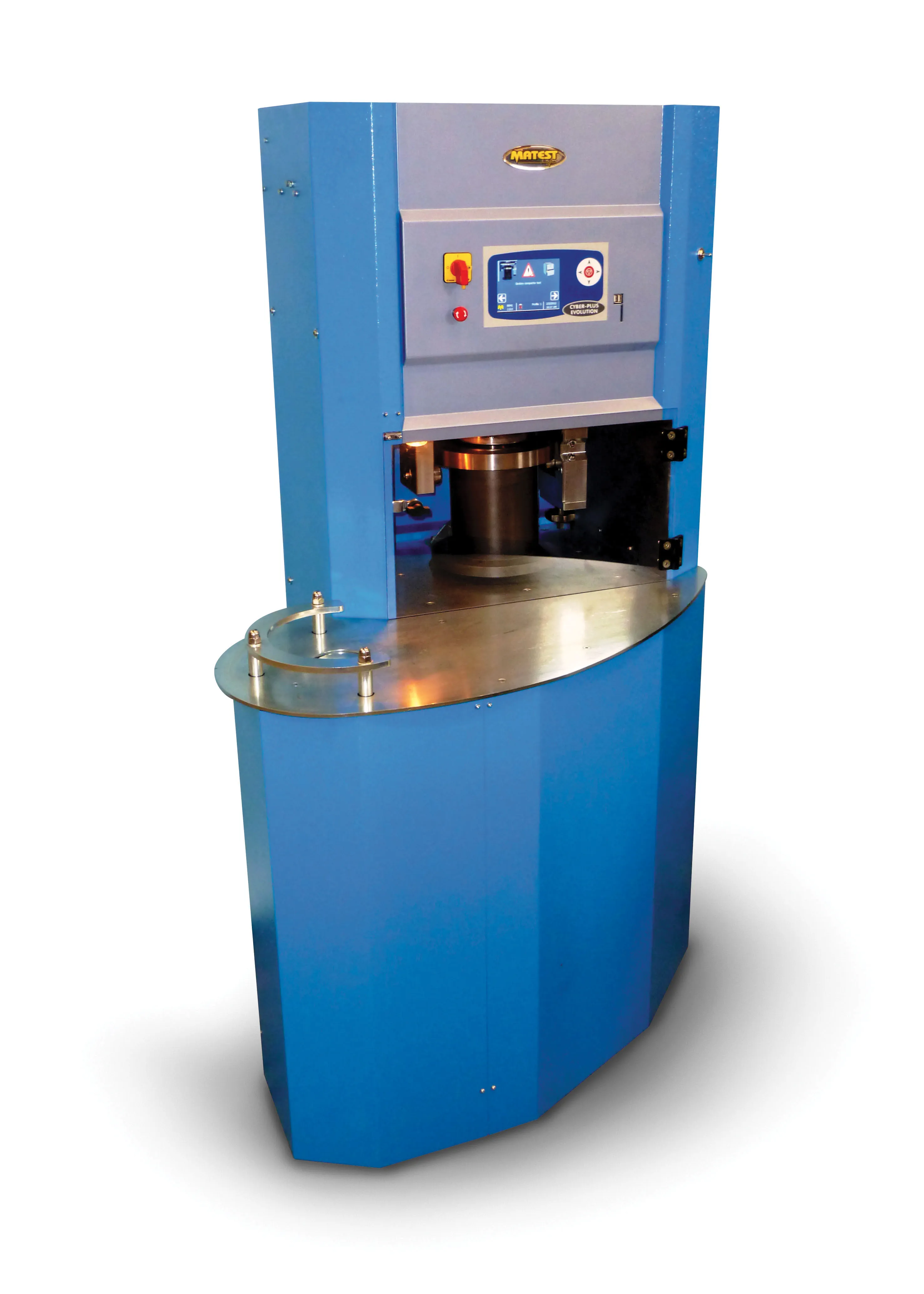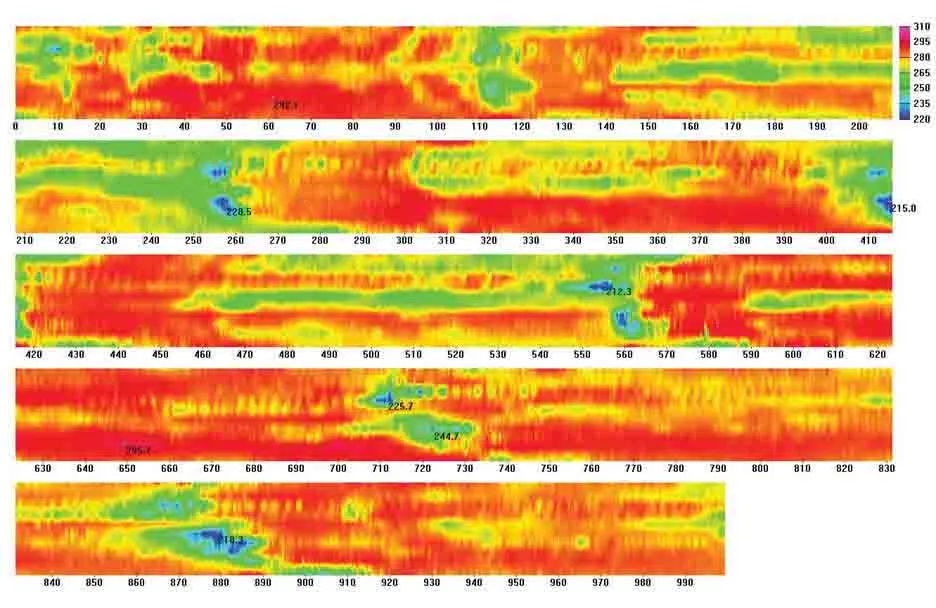US demand for asphalt is forecast to increase 3.3% annually to 24.3 million tonness in 2019, the vast majority of which is refined petroleum asphalt, according to a new report.
Demand will be spurred by a rebound in building construction, especially for asphalt shingles. But in the much larger market of asphalt paving, gains will be supported by the efforts of state and local governments to maintain the nation’s aging road and highway network.
Paving accounted for three-quarters of asphalt use in 2014
August 6, 2015
Read time: 2 mins
US demand for asphalt is forecast to increase 3.3% annually to 24.3 million tonness in 2019, the vast majority of which is refined petroleum asphalt, according to a new report.
Demand will be spurred by a rebound in building construction, especially for asphalt shingles. But in the much larger market of asphalt paving, gains will be supported by the efforts of state and local governments to maintain the nation’s aging road and highway network.
Paving accounted for three-quarters of asphalt use in 2014. Legislative bodies are expected to allocate more funds for repair work, supporting the use of asphalt cements and asphalt emulsions.
These and other trends are presented in Asphalt, a new study from market research firm2821 Freedonia Group, based in the US city of Cleveland, in the state of Ohio.
“Demand for asphalt in paving applications will advance 3.1% annually to nearly 17.8 million tonness,” said Freedonia analyst Matt Zielenski.
Among asphalt paving products, asphalt emulsions will see the fastest growth in demand through 2019, boosted by increasing interest in in-place recycling. Asphalt emulsions can be used to recycle older pavements while minimising asphalt consumption which in turn reduces the time and cost of paving jobs.
Asphalt cement will remain the leading paving material used in the United States due to the prevalence of hot-mix and warm-mix asphalts in paving jobs. These products are favoured because of their moderate cost and solid performance properties, such as durability and good drainage, the report noted.
The 396-page report, called Asphalt, is available for $5,500 from The Freedonia Group.
Demand will be spurred by a rebound in building construction, especially for asphalt shingles. But in the much larger market of asphalt paving, gains will be supported by the efforts of state and local governments to maintain the nation’s aging road and highway network.
Paving accounted for three-quarters of asphalt use in 2014. Legislative bodies are expected to allocate more funds for repair work, supporting the use of asphalt cements and asphalt emulsions.
These and other trends are presented in Asphalt, a new study from market research firm
“Demand for asphalt in paving applications will advance 3.1% annually to nearly 17.8 million tonness,” said Freedonia analyst Matt Zielenski.
Among asphalt paving products, asphalt emulsions will see the fastest growth in demand through 2019, boosted by increasing interest in in-place recycling. Asphalt emulsions can be used to recycle older pavements while minimising asphalt consumption which in turn reduces the time and cost of paving jobs.
Asphalt cement will remain the leading paving material used in the United States due to the prevalence of hot-mix and warm-mix asphalts in paving jobs. These products are favoured because of their moderate cost and solid performance properties, such as durability and good drainage, the report noted.
The 396-page report, called Asphalt, is available for $5,500 from The Freedonia Group.









